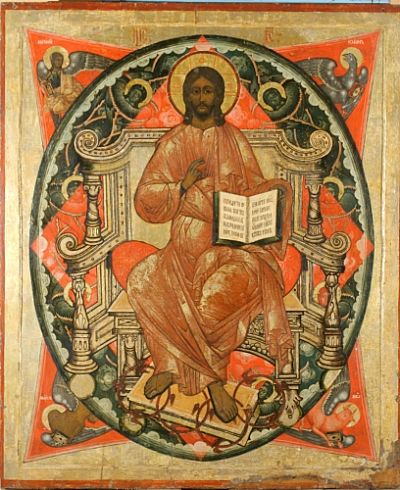 Here is a sad fact: I am much slower than I was when I was young. If speed is required to get out a building, then I am in trouble. That was not always true for me and so points to a general truth: people get slower as we get older. Another general truth is that speed does not matter, except when it does.
Here is a sad fact: I am much slower than I was when I was young. If speed is required to get out a building, then I am in trouble. That was not always true for me and so points to a general truth: people get slower as we get older. Another general truth is that speed does not matter, except when it does.
I am not equal to the fast.
Thank God many religious cultures, including Christianity, and some Enlightment influenced societies promote the “myth” that we are all equal. We are not all equal in many important ways. Some people are smart, others not so much. Tall people have advantages over short people. In some circumstances male people are advantaged (generally) and in others female people are better off.
The distribution by sex in special needs classes is not equal.
Since people are complicated beings, we are, none of us, equal. One reason for mercy is that not all circumstances are just the same. Bob might steal some bread, because he has a vicious nature and enjoys watching his enemy the baker suffer. Maria might lift a loaf so her kids will not starve in a social system that gives her little choice.
The law cannot be written for the exceptions. Both Bob and Maria stole some bread and so both broke the law, but a good society (a Christian society) tries to give the judge some latitude. Bob and Maria do not belong in the same prison. They are not the same.
Some people are born with a head start: a favored race, religion, sex, or any other random privilege. Those privileges bother us, but then some are born into two parent families or with parents who do not drink too much. The intersectionality of privilege and liability never ends. We have wisely creaeted a myth: we are equal.
This legal fiction, equality before the law, is good, because people are not God. The Divinity knows all and so can judge us down to the fine detail. He knows Kirk had bad parents, but money while Uhura had great parents, but poverty. God knows how all those factors interacted in the choices Kirk and Uhura had. God can judge rightly, but we cannot trust a human to make such fine distinctions.
We just do not know enough about Kirk or Uhura, Bob or Maria, and so we ask our judges (within a bit of latitude) to apply the law as if they were all just the same. That is why we should be slow to go to law! Courts cannot care (much) about our backstory. Thank God, God does.
Of course, when the only relevant fact is humanity (the right to life), then all of us are equal. Nobody born human has to prove they deserve a right to life.
When someone says: “Judge by the facts” then they are suggesting an impossible society or one that will end up less just than our own. The facts are so many, so varied, and the weights are so different with different people that there will be no end to the collection of facts and impossible difficulty in applying the data we have. For some people poverty is a challenge while for others (given their personality) it is a trap that is very hard to escape.
Our fiction is important, but not if we forget it is a fiction. If we say “all will be treated equally,” then older folk will be more likely to die in a sea disaster. General rules of a society might be children first or even women and children first, since women are (generally) smaller than men. Rush the boats in the pure meritocracy of panic and the smaller will die more quickly. Yet few of us would wish such rules, which recognize that there are differences in sex, to be codified in law. We do not trust our judges to avoid sexism, ageism, or racism.
Difference is real, but deciding what differences are relevant in what cases is too great a power to give to the part of culture that also has the power to use force legally: government. The state can make us do things, enforce what they see as “real” inequalities and so we ask them (generally) treat us all as equals before the law.
The state will generalize and the exceptional or the complicated case where many liabilities and privileges intersect in bizarre ways will be missed. Gross injustice usually results and in the state we first want to minimize harm: the chances of a gulag or concentration camps. That is one reason I support small government.
Treating people equally when they are not in social life is horrible.
In our daily lives, we must try to notice differences. I do not see well and am thankful when readers cut me slack for typographical errors I miss due to my vision. When in line behind someone who processes facts more slowly than I do, some extra patience is my Christian calling. Americans have a long history of racism and so a thumb on the scale in hiring (when most else is “equal”) is warranted.
Christian civilization is built (as Nietzsche complained) around the idea that the “less” will be treated as “equal” to the “more” in this life. We will empower the poor and not favor the rich in voluntarily social structures. Jesus set me a goal, as a person, to make those lacking privilege as if they had it.
So it must be in a Kingdom built on love.











